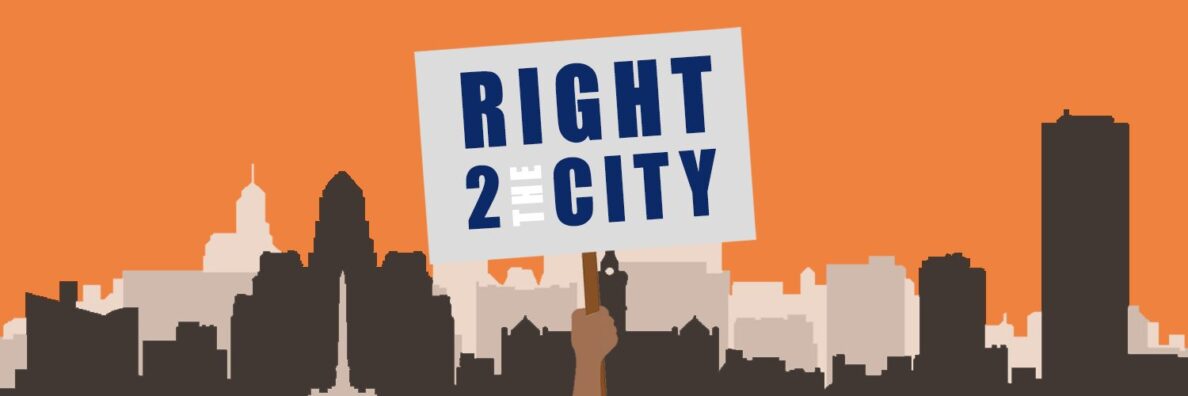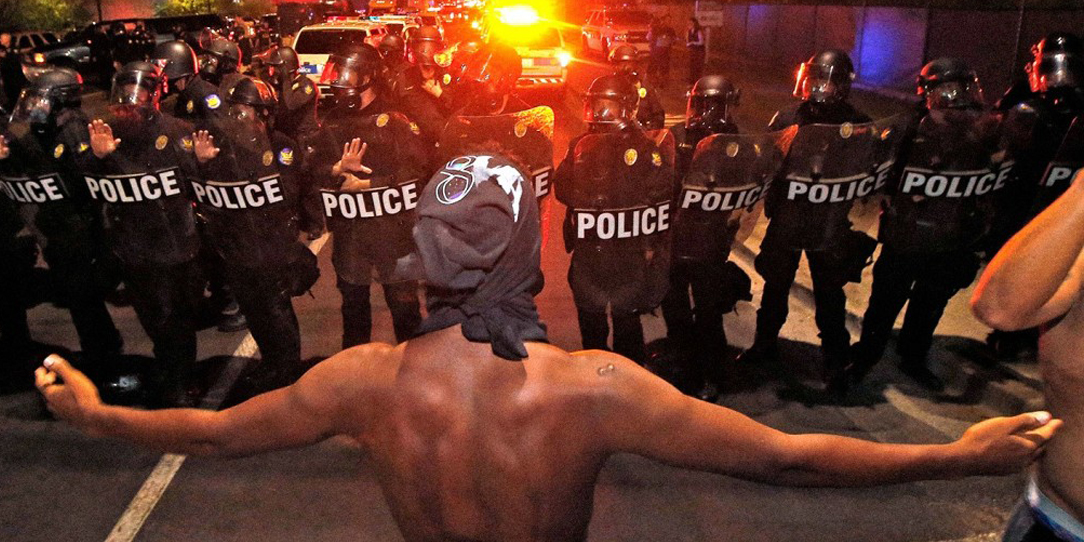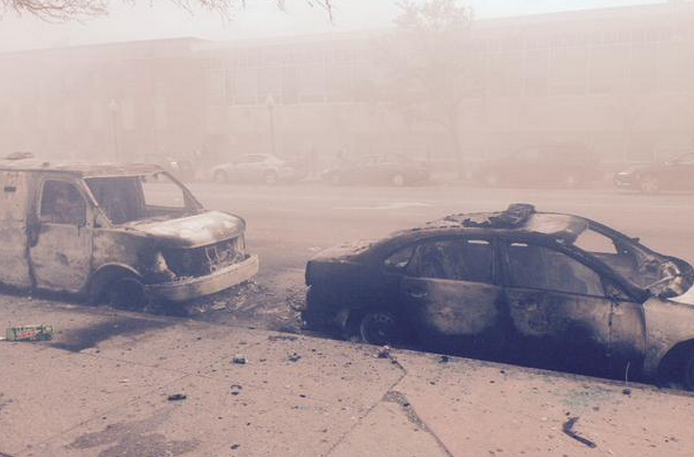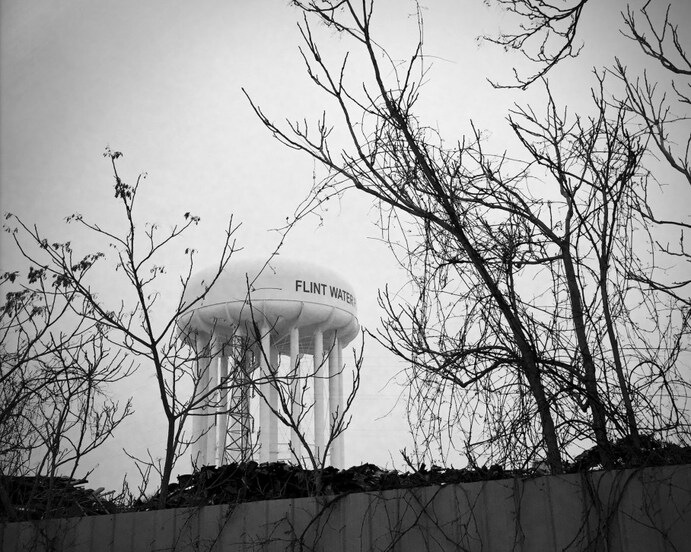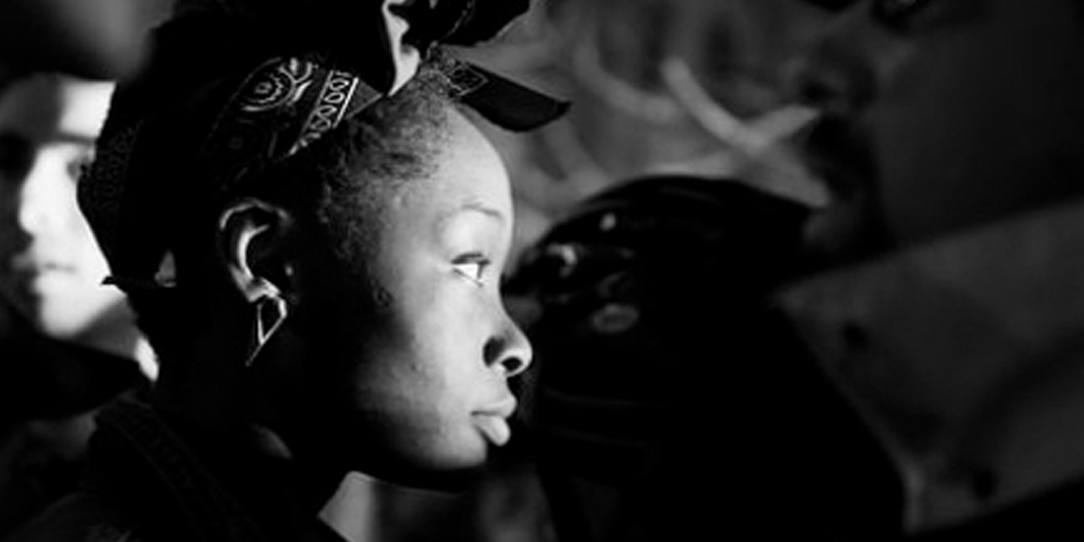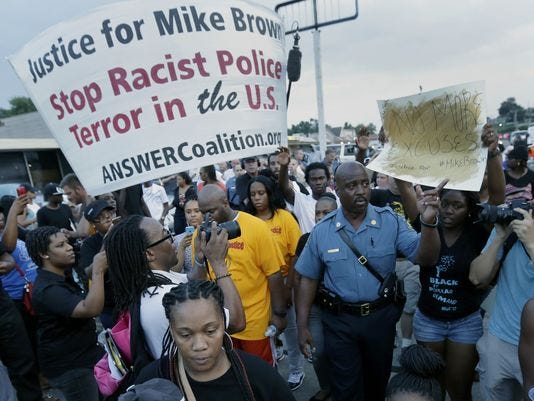Baton Rouge: A Divided City
By Dr. Lori L. Martin
“Baton Rouge is a city divided by many fault lines. A single street divides the city’s predominately white and black communities. North Baton Rouge, where Alton Sterling was killed, is under developed relative to south Baton Rouge. Access to emergency rooms, quality schools, healthy food, reliable transportation, and good jobs are limited, while health care complexes, blue ribbon schools, business and industry flow freely to the south.”
